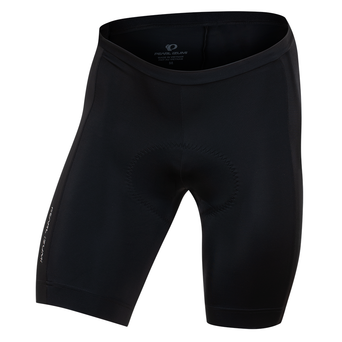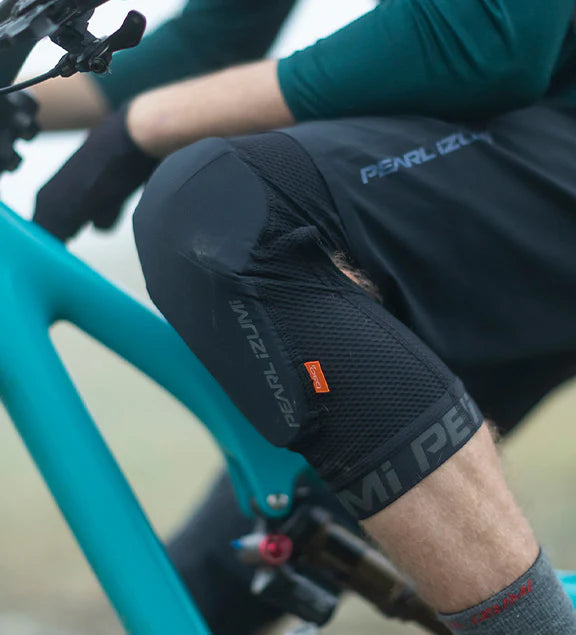
Men's Quest Shorts
$60.00
$15.00
0 items
$99.00 away from FREE Shipping

Fresh air in the lungs, dust on the legs, sweeping landscapes in view — hitting the trail reaps huge physical and mental rewards. But if you’re putting rubber to the dirt for the first time, it can be a little intimidating. The right gear can make the transition to mountain biking more enjoyable.

Fresh air in the lungs, dust on the legs, sweeping landscapes in view — hitting the trail reaps huge physical and mental rewards. But if you’re putting rubber to the dirt for the first time, it can be a little intimidating. The right gear can make the transition to mountain biking more enjoyable.

Hot days on the trail are paid out in liters of sweat. You need a jersey that breathes well and wicks sweat quickly. Mountain bike jerseys fit looser for better airflow and are offered in sleeveless, T-shirt, zip front and tank styles. But don’t assume their casual styling means they’re any less technical.

For mountain bikers, shorts provide as much protection from the unpredictability of the trail as they do the saddle. Padded Lycra bike shorts can pass in a pinch, but over time they will take a beating on the trail. Investing in a pair of dedicated mountain bike shorts will prove a better option.

Mountain bike shoes are tougher than gym shoes and give you a stable, efficient platform. Look for a stiff (yet comfortable) feel and a heel that stays locked in. There are two types: flat and clipless. Flats pair with grippy pedals and have zero learning curve—easy to step off in rocky sections. Clipless shoes use a small cleat that snaps into the pedal; twist to release. They take a little practice but let you push down and pull up each stroke for better power transfer—ideal for cross-country rides or long climbs where you’re not constantly dabbing. Choose what matches your terrain and comfort.

Gloves are one part grip, one part protection. Sweat or rain can make your grip slick. Gloves will keep you connected to the handlebars, prevent blisters, and, if you go down, you will appreciate the coverage. Even for sunny summer rides, we like full-finger gloves. A good pair should be lightweight and nimble, allowing you to work the levers without overheating.

You still need a chamois to protect your backside. The good news is that many MTB shorts include a padded liner short, but you can also choose to buy the outer short and liner separately if you want higher performance comfort.

Mountain weather flips fast. Carry a lightweight jacket you can stash and throw on when conditions turn. Unless you ride in steady rain, skip heavy waterproof shells. A water-resistant jacket with DWR sheds light showers, blocks wind, and packs down small. It’s perfect for sudden storms—and adds welcome warmth on cool descents.

Socks wick moisture away from the feet, offer a bit of cushioning, and can protect the lower legs from flogging by brush. Cycling socks are some of the very best socks you can buy. They stay up, are durable, and they’re fashionable enough to cross over into everyday wear. Taller socks can provide a little more protection, support, and warmth.

Terrain changes quickly when mountain biking, especially on trails you’re unfamiliar with. As you start to point the rubber down more technical terrain, consider knee and elbow pads. Protecting your knee and elbow joints ensures you’ll be ready to ride another day. A good pad will have some pre-curve to fit around the joint while allowing it to articulate.